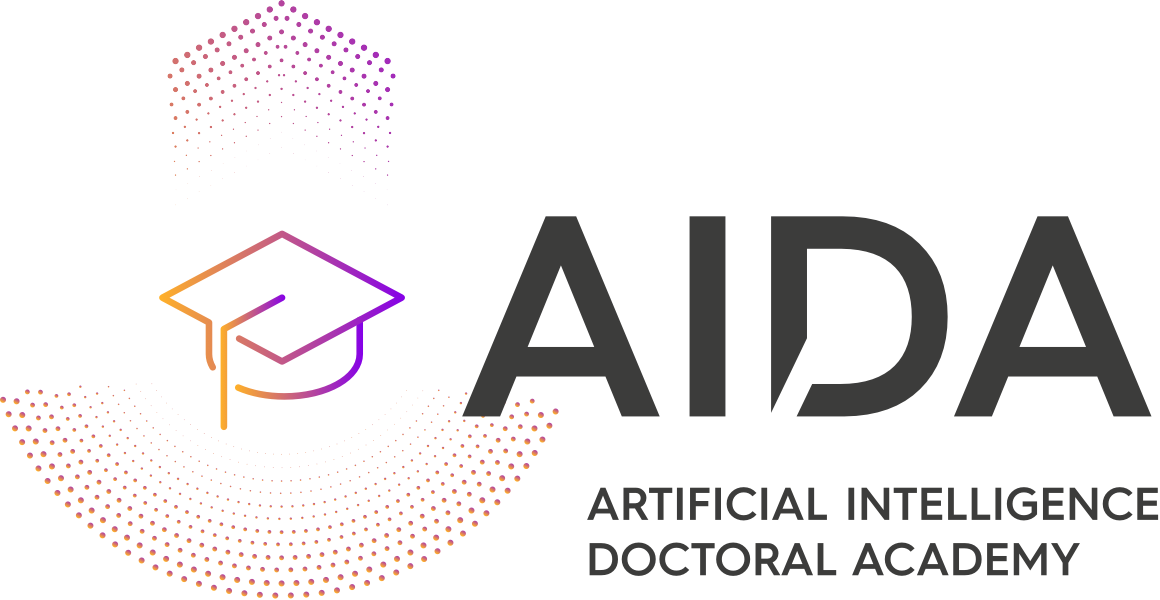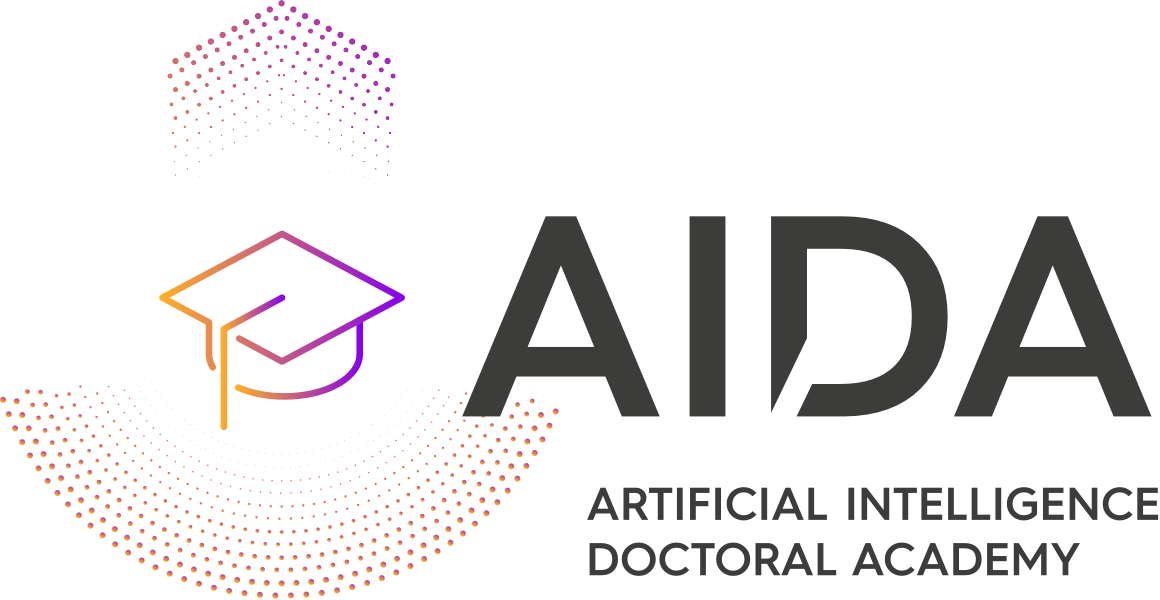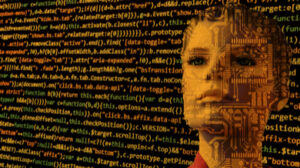With climate change on the rise, new challenges for Natural Disaster Management (NDM) arise, leading to rapid advancements in Deep Neural Networks (DNNs), specifically in wildfire scenarios. Forest fire detection and segmentation and burnt area segmentation are critical tasks that require DNNs to achieve precise decision-making in near real-time. Given the complex and dynamic conditions… Continue reading Forest fire detection and fire/burnt region segmentation on drone images
Archives: Resources
Resource description
Human-Centered AI for Autonomous Vehicles
Intelligent/autonomous vehicles, such as self-driving cars, intelligent robots and Unmanned Aerial Vehicles (UAVs) must seamlessly interact with humans, e.g., their drivers/operators/pilots or people in their vicinity, whether being obstacles to be avoided (e.g., pedestrians) or targets to be followed and interact with (e.g., when filming a performing athelete). Furthermore, intelligent vehicles and robots have been… Continue reading Human-Centered AI for Autonomous Vehicles
Electrical Infrastructure Inspection
This lecture overviews the use of drones for electrical infrastructure inspection and maintenance. Various types of inspection, e.g., using visual cameras, LIDAR or thermal cameras are reviewed. Primary application area is electric line inspection. Line detection and tracking and drone perching are examined. Human action recognition and co-working assistance are overviewed.
Elongated object detection and segmentation
The application of computer vision to industrial inspection poses a unique challenge in identifying elongated objects that extend beyond the image frame. This lecture offers a comprehensive overview of detection and segmentation techniques, with a particular emphasis on recent advancements in deep learning-based approaches. Throughout the lecture, we delve into the capabilities of these algorithms,… Continue reading Elongated object detection and segmentation
Decentralized DNN Architectures
This short course on Cloud/Edge Computing for Deep Learning and Big Data Analytics provides a comprehensive overview and detailed presentation of advanced technologies utilized in distributed computational systems. Distributed computing plays a critical role in today’s data-driven landscape, enabling the processing of vast amounts of data efficiently and effectively across multiple nodes and locations. Through… Continue reading Decentralized DNN Architectures
Data Storytelling and Big Data Analytics Value Chain in Natural Disaster Management
This short course on Cloud/Edge Computing for Deep Learning and Big Data Analytics provides a comprehensive overview and detailed presentation of advanced technologies utilized in distributed computational systems. Distributed computing plays a critical role in today’s data-driven landscape, enabling the processing of vast amounts of data efficiently and effectively across multiple nodes and locations. Through… Continue reading Data Storytelling and Big Data Analytics Value Chain in Natural Disaster Management







